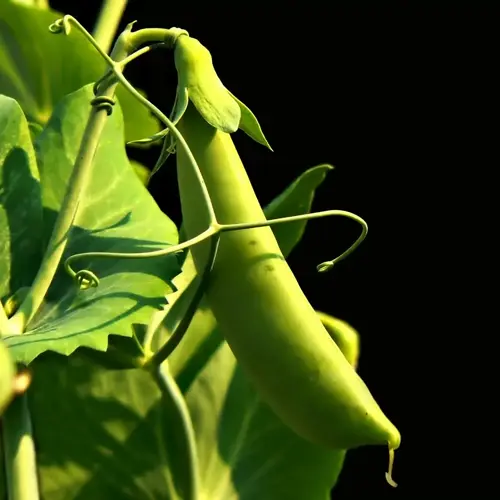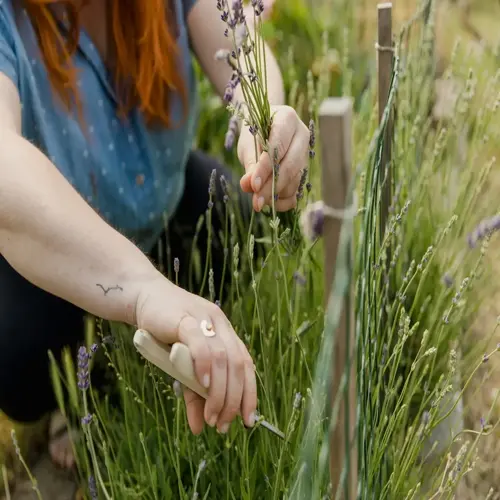How does frost affect turnip flavor?

Written by
Tina Carter
Reviewed by
Prof. Samuel Fitzgerald, Ph.D.Frost enhances the taste of turnips extensively through the actions of natural biochemistry. A light frost, at 28-32°F, triggers enzymatic reactions that convert starches into sugars. The sweetness diminishes the bitterness and retains the nice, crunchy texture of the turnip. I schedule my fall harvests around the frosts for sweeter turnips, as opposed to spring.
Sugar Conversion Process
- Amylase enzymes break down complex starches
- Sucrose synthase increases simple sugars
- Membrane permeability changes allow sugar accumulation
- Glucose and fructose levels rise significantly
Bitterness Reduction
- Glucosinolate compounds decrease by 40-60%
- Myrosinase enzyme activity slows
- Phenolic content shifts creating milder flavor
- Cellular water content adjusts reducing harshness
Cold-hardy kinds will be the most reactive to frost. Purple Top Milan develops outstanding sweetness, while Scarlet Queen stays incredibly crisp. I would not recommend frost-sensitive kinds like Tokyo Cross. I plant the designated cultivars each fall, knowing their respective frost-responsive patterns will have a consistent flavor.
Harvest timing harnesses maximum benefits from frost. Turnips are harvested 24-48 hours after exposure to frost to maximize flavor by converting sugar into starches. Try to avoid bruising roots. I like to harvest when the soil is thawed during the middle of the day, when it is workable. If you store the turnips in a cooler as soon as possible, their frost and turnip flavor will still be preserved.
Protection Strategies
- Apply light row covers below 25°F
- Use straw mulch for temperature moderation
- Harvest before hard freezes below 20°F
- Monitor with soil thermometers
Flavor Enhancement Techniques
- Time planting for autumn frost exposure
- Allow 2-3 light frosts before harvesting
- Leave roots in ground during cold snaps
- Avoid washing until ready to use
Frost effects are dependent on the maturity of the roots. Smaller turnips (2" diameter) sweeten quicker than larger roots. Soil type influences results; sandy soils cool faster than clay. I monitor frost events using weather stations that track the duration and intensity of frost. This helps project the best harvest days.
Read the full article: When to Plant Turnips for Best Results

